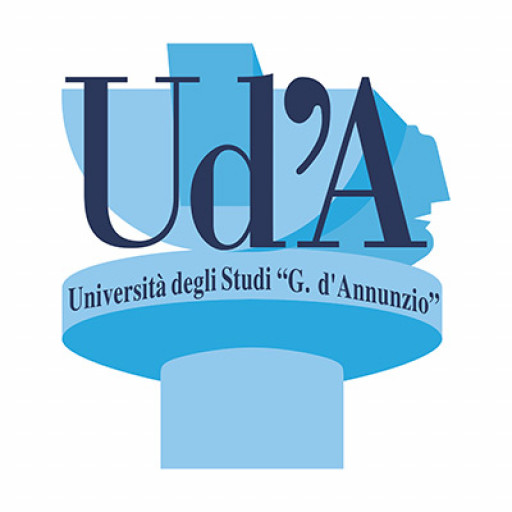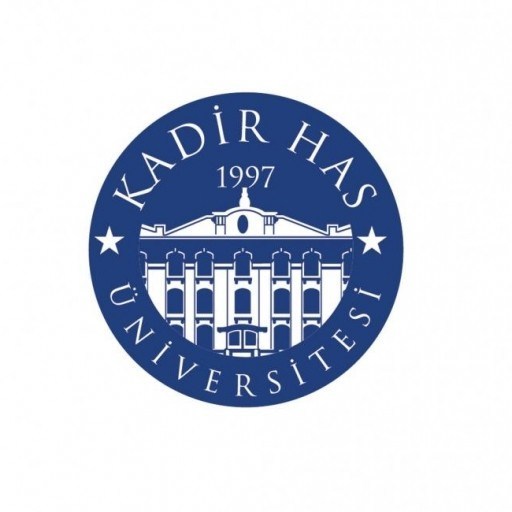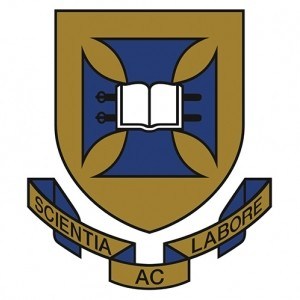Photos of university / #uni_magdeburg
During the Master's programme Electrical Engineering and Information Technology students acquire advanced knowledge and skills in advanced electrical and information technologies. The curriculum consists of a total of seven compulsory courses:
Electromagnetic Field Theory, Electronic Circuits, Digital Communication Systems, Digital Information Processing, Power Electronics, Power Network Planning and Operation, Systems and Control.
The optional specialisation courses are designed to provide students with knowledge, insight and skills in sophisticated technologies, according to the main research areas of the Department of Electrical Engineering and Information Technology. These are: Automation Systems, Information and Communication Technology, Microsystems, Power and Energy.
Electromagnetic Field Theory, Electronic Circuits, Digital Communication Systems, Digital Information Processing, Power Electronics, Power Network Planning and Operation, Systems and Control.
The optional specialisation courses are designed to provide students with knowledge, insight and skills in sophisticated technologies, according to the main research areas of the Department of Electrical Engineering and Information Technology. These are: Automation Systems, Information and Communication Technology, Microsystems, Power and Energy.
Educational organisation
In the first semester, compulsory courses are offered, deepening the fundamentals of Electrical Engineering and Information Technology. In the second and third semesters, specialisation takes place. Optional modules have to be selected from the above-mentioned fields. The modules are taught as lectures and exercises.In addition to theory, most optional courses include laboratories where practical skills are taught. Training is provided in well-equipped "LABs" of Mechatronics, Automation Systems, Electromagnetic Compatibility, Power Electronics, Image Processing, Information Technology and Clean Room Facilities.
The Master's thesis must be completed in the fourth semester.
40 credit points are allotted to compulsory modules, 50 credit points are allotted to optional compulsory modules and 30 credit points to the Master's thesis.
Forms of assessment
- Written and oral examinations
- Experimental work
- Research project
- Assignment and presentation
- Master's thesis with colloquium (30 credit points)
Course objectives
Graduates will gain expertise in Electrical and Information Engineering in order to solve scientific problems independently, based on scientifically-founded knowledge and methods. Occupational fields can be:- Design engineer in electrical and electronic industry
- Scientist in research institutes
- Product management and sales
Language requirements
Non-native speakers of English must prove a command of English corresponding to 550 points in the TOEFL test (213 points computer-based, 79-80 points Internet-based), 6.0 points in IELTS (International English Language Testing System), Certificate of Proficiency in English "B" or Certificate of Advanced English "C".Academic requirements
Admission to the programme requires a qualified BSc in electrical engineering, information technology or related fields.For additional information:
http://www.ovgu.de/unimagdeburg/en/International/Incomings/Applicants.html
Want to improve your English level for admission?
Prepare for the program requirements with English Online by the British Council.
- ✔️ Flexible study schedule
- ✔️ Experienced teachers
- ✔️ Certificate upon completion
📘 Recommended for students with an IELTS level of 6.0 or below.
Enrolment fees
Currently 94.50 EUR per semesterThe semester fee covers services offered by the "Studentenwerk" (Student Union) and the student representatives. Enrolled students receive a semester ticket for free use of public transport, student discounts in the campus cafeteria, etc.
Costs of living
A minimum of 700 EUR per month must be budgeted for accommodation, costs of living, health insurance, books, and miscellaneous expenses.Job opportunities
Part-time research/student assistant (maximum: 80 hours per month)Funding opportunities within the university
Scholarships cannot be provided for new students. The university provides a limited number of excellence scholarships. Eligible candidates are students in advanced semesters who clearly show above-average results.http://www.studentenwerk-magdeburg.de/en/finances/
Arrival support
Before arrival, a welcome package with relevant information will be sent to prospective students. There is a pick-up service if desired. Please inform the student group IKUS (http://www.ikus.ovgu.de) of your arrival in advance. IKUS will meet you at the station in Magdeburg.Furthermore, there is a "Welcome & Orientation Week" at the beginning of the semester.
Services and support for international students
The International Office and the programme coordinators assist students in any way possible. To integrate new students into the university and into the student community, both the university and the faculty offer a "Welcome & Orientation Week" right before studies start in October. The university offers German language courses and lots of social and cultural events organised by the IKUS or by other student initiatives at the faculty or on campus.Accommodation
The "Studentenwerk" (Student Union) Magdeburg manages the on-campus halls of residence (mostly one- to four-room apartments). Currently, the monthly rent ranges from 220-350 EUR per room (approx. 12-35 square meters), depending on size and furnishing. Rooms in the halls of residence are limited in number. The accommodation request can be found here: http://www.studentenwerk-magdeburg.de/en/accommodation/accommodation-request/.The Student Union assists all new students in finding adequate accommodation, either on or off campus. Private accommodation is available on the Magdeburg accommodation market. However, fully furnished units are in relatively short supply.











